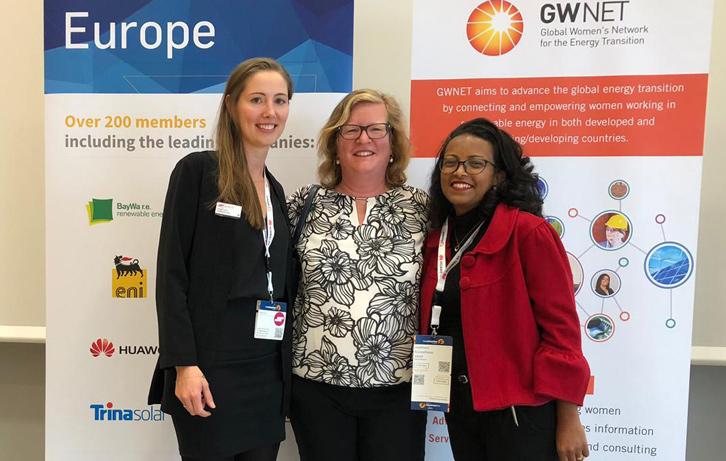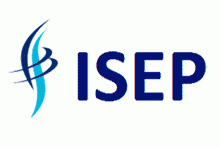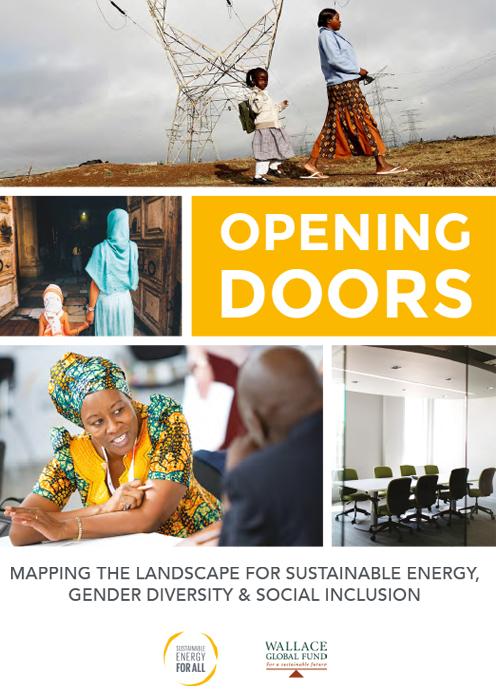People-Centered Accelerator Webinar Series – Gender And Energy Access - Part Three Economic Empowerment
In the final webinar of the People-Centered Accelerator and ENERGIA Gender and Energy Access series, panelists presented research findings on ways to advance a local economy by leveraging women’s energy enterprises. Women play a key role in expanding energy access in last-mile communities, yet they are still underrepresented in the energy product and service supply chain. In this webinar, researchers discussed recent evidence that shows investing in women energy entrepreneurs is good for women, their families, and the growth of their businesses. In addition, presenters shared lessons learned from practitioners on how to best support women energy entrepreneurs in order to maximize their success.
Panelists
- Caroline McGregor, SEforALL
- Annemarije Kooijman, ENERGIA
- Amanda Elam, Babson College
- Rebecca Klege, University of Cape Town
- Soma Dutta, ENERGIA




